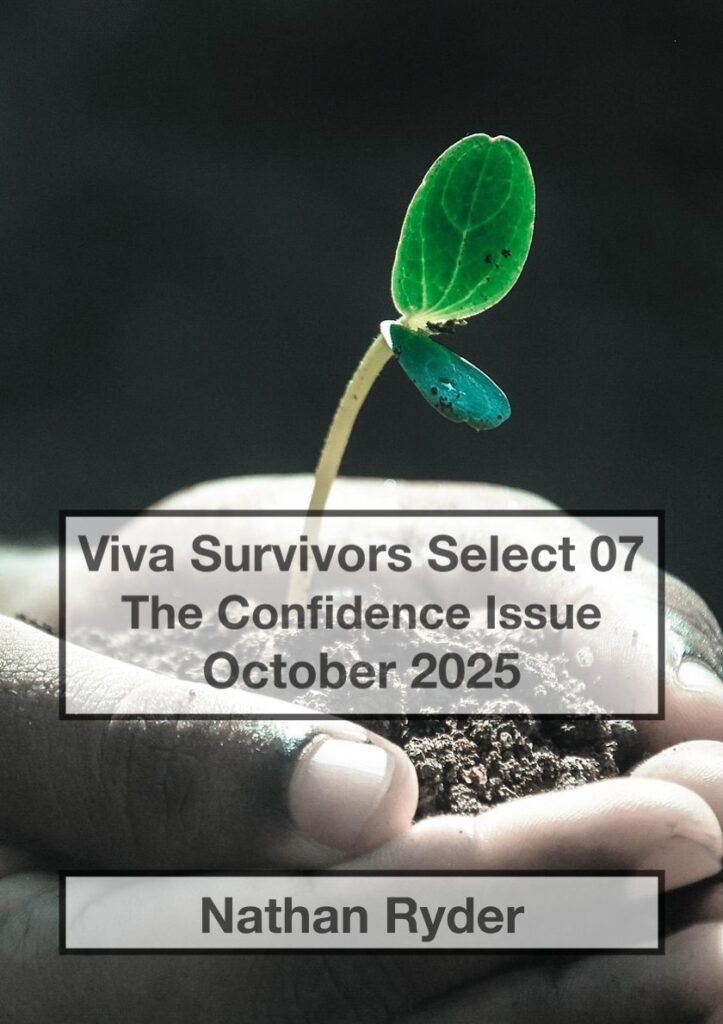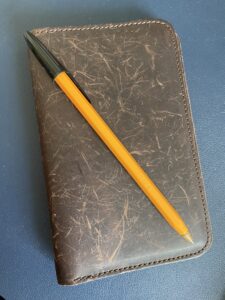List Ten Problems
Here’s a little viva prep exercise to unpack problems you faced on your PhD journey.
Start by listing up to ten problems that you faced. These could be access to literature or resources, time challenges, supervisory issues, personal circumstances, a particularly difficult research issue or something else.
Once you have up to ten on your list take a minute or two to rank them according to severity, starting with the one which had least impact and then working your way to the most severe.
For each one write a few notes to respond to the following questions:
- Why was it a problem?
- How did you overcome it?
- What was the specific impact on your PhD?
Reflecting and writing you will build up ideas for how you could talk about this with your examiners if the topic comes up at your viva. You might make connections between problems and see there was a deeper issue you addressed.
However big the problems were you will also see that you were able to rise to meet them: you overcame a lot to get this far and that means something, both for your research and for you.

